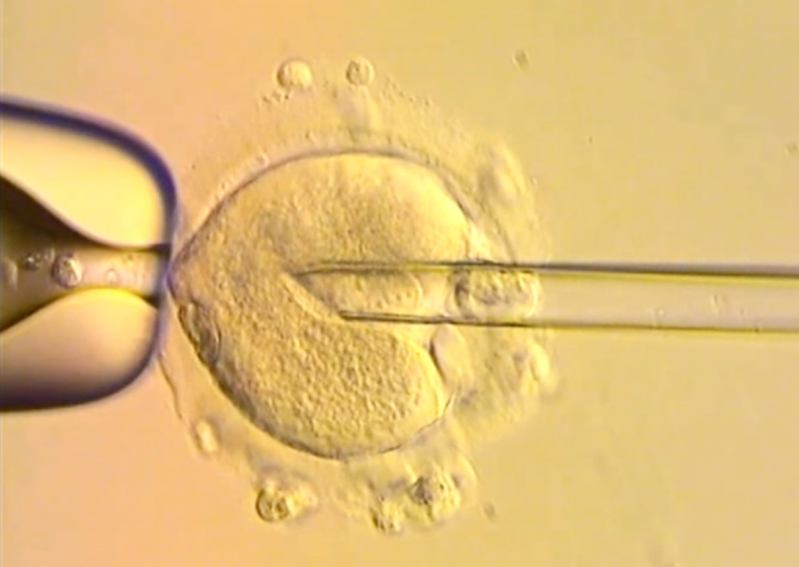
Eight babies have been born in the United Kingdom using DNA from three people to prevent deadly hereditary diseases, a scientific breakthrough hailed by doctors but raising ethical concerns among some scientists as well as Christian groups, according to reporting by the BBC and Christian Today in the U.K.
The pioneering technique combines the egg and sperm from the parents with healthy mitochondrial DNA from a donor woman. While the method has been legal in the UK since 2015, these are the first confirmed cases where children were born free of mitochondrial disease — a group of often fatal conditions passed from mother to child that affect the body’s ability to produce energy.
Mitochondria, tiny structures within cells, fuel essential functions in the body. Defective mitochondria can cause seizures, organ failure, and death in infants. About one in 5,000 babies is born with mitochondrial disease.
Parents involved in the procedures, conducted at Newcastle Fertility Centre, shared anonymous statements through the clinic. “After years of uncertainty this treatment gave us hope — and then it gave us our baby,” said the mother of a baby girl. Another parent, a mother of a baby boy, added, “The emotional burden of mitochondrial disease has been lifted, and in its place is hope, joy, and deep gratitude.”
The process, developed over a decade ago at Newcastle University and Newcastle upon Tyne Hospitals NHS Foundation Trust, involves fertilizing eggs from the mother and a donor with the father’s sperm. The nuclear DNA from the parents — determining traits like eye color and height — is then inserted into the donor egg, which contains healthy mitochondria. The resulting child has 99.9% of their parents’ DNA and 0.1% from the donor, a change that is passed to future generations.
According to two reports in the New England Journal of Medicine, 22 families have undergone the procedure, resulting in four boys, four girls, one set of twins, and one ongoing pregnancy. So far, the children are free of mitochondrial disease and meeting developmental milestones.
“This is the only place in the world this could have happened,” said Prof. Sir Doug Turnbull of Newcastle University to the BBC, crediting the combination of advanced science, legal framework, and NHS support.
However, not everyone sees this as an unqualified triumph. Christian groups and bioethics advocates have voiced concerns about the ethical implications, particularly regarding the destruction of embryos during the process.
“In the creation of a three-parent baby, two other embryos are destroyed, which means two individual human beings have their lives ended to create a third,” Catherine Robinson, spokesperson for Right To Life UK, told Christian Today.
Robinson also criticized calls by the Human Fertilisation and Embryology Authority (HFEA) to extend the legal window for experimenting on human embryos from 14 days to 22 days. “Human embryos should never be experimented on,” she said, adding, “It is even more disturbing to see the HFEA make the case for doing experiments on them even further into their development. At around 22 days, the central nervous system is formed and by 28 days, the developing heart can sometimes be seen beating.”
The ethical debate reflects deeper tensions between scientific progress and respect for human life at its earliest stages. While families facing mitochondrial disease see new hope, critics warn of a slippery slope toward “designer babies” and greater disregard for embryonic life.





